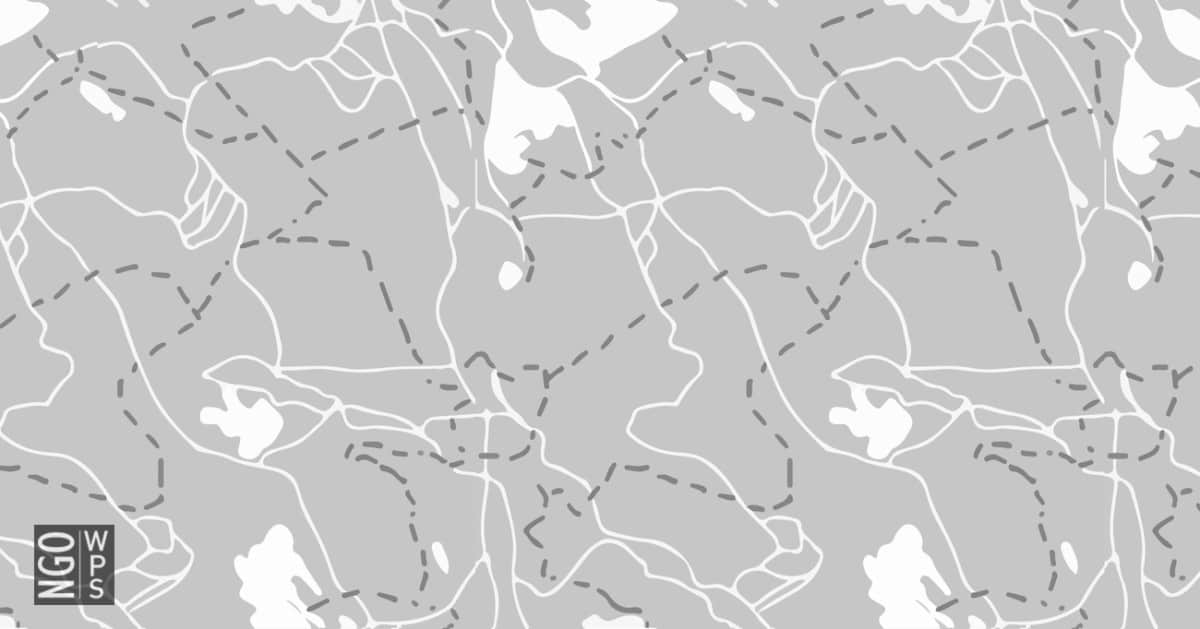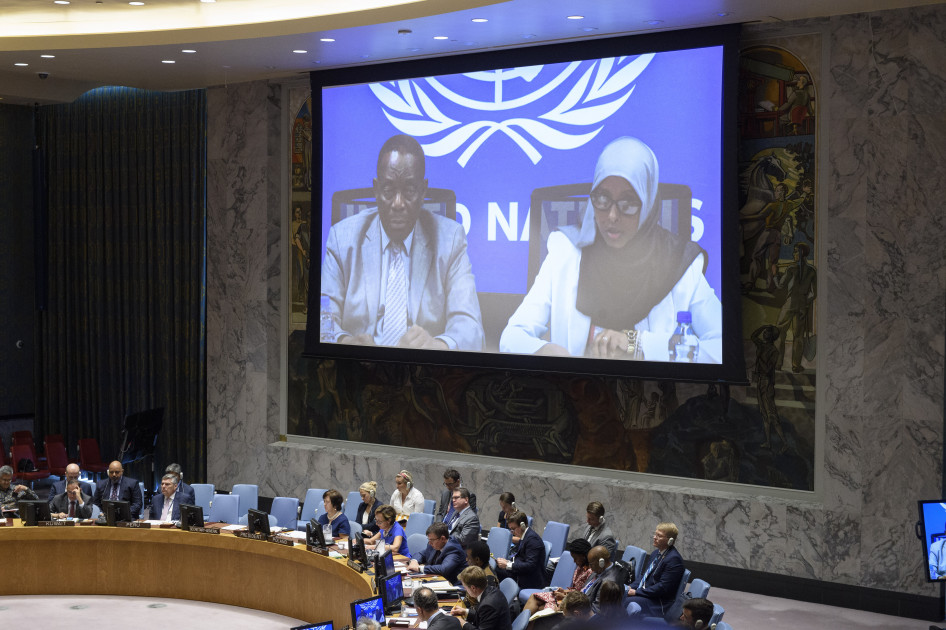Somalia
Somalia’s long-running armed conflict has been characterized by extremism, sectarian political violence, complex humanitarian crises, and piracy, and women have been disproportionately at risk of death and as targets of sexual and gender-based violence and displacement.
Based on the work of NGOWG members and their partners, the NGOWG advocates for women’s political participation, women’s meaningful and active participation in design and implementation of humanitarian responses, and strengthened mechanisms to prevent and respond to sexual and gender based violence.
Somalia
Somalia’s long-running armed conflict has been characterized by extremism, sectarian political violence, complex humanitarian crises, and piracy. Women have been disproportionately at risk of death, and as targets of sexual and gender-based violence and displacement.
Based on the work of NGOWG members and their partners, the NGOWG advocates for women’s political participation, women’s meaningful and active participation in design and implementation of humanitarian responses, and strengthened mechanisms to prevent and respond to sexual and gender based violence.
Current and Past Recommendations to the UN Security Council (Monthly Action Points)
As the Council continues to consider the situation in Somalia and discusses the outcome of the strategic review of the African Union Mission in Somalia (AMISOM), the Council should promote women’s full participation in all efforts to maintain peace and security in Somalia, as well as inquire into efforts by the Federal Government of Somalia and Interim Regional Administrations, with assistance from the United Nations Assistance Mission in Somalia (UNSOM) and AMISOM, to continue to promote increased representation of women at all decision-making levels in Somali institutions. The outcome of the strategic review process should address gender as a cross-cutting issue, in line with SCR 2242 (2015) (OP 4), provide detailed analysis of the gender dynamics of the situation, and include specific recommendations related to gender in any opti future reconfiguration or adjustments to the mission mandate and operations. In its discussions, the Council should inquire as to the ways in which the mission is or is not meeting its obligations to implement the women, peace and security agenda, including by consulting regularly with women’s civil society organizations (SCR 2122 (2013), OP 7(a)).
Relevant Resources









